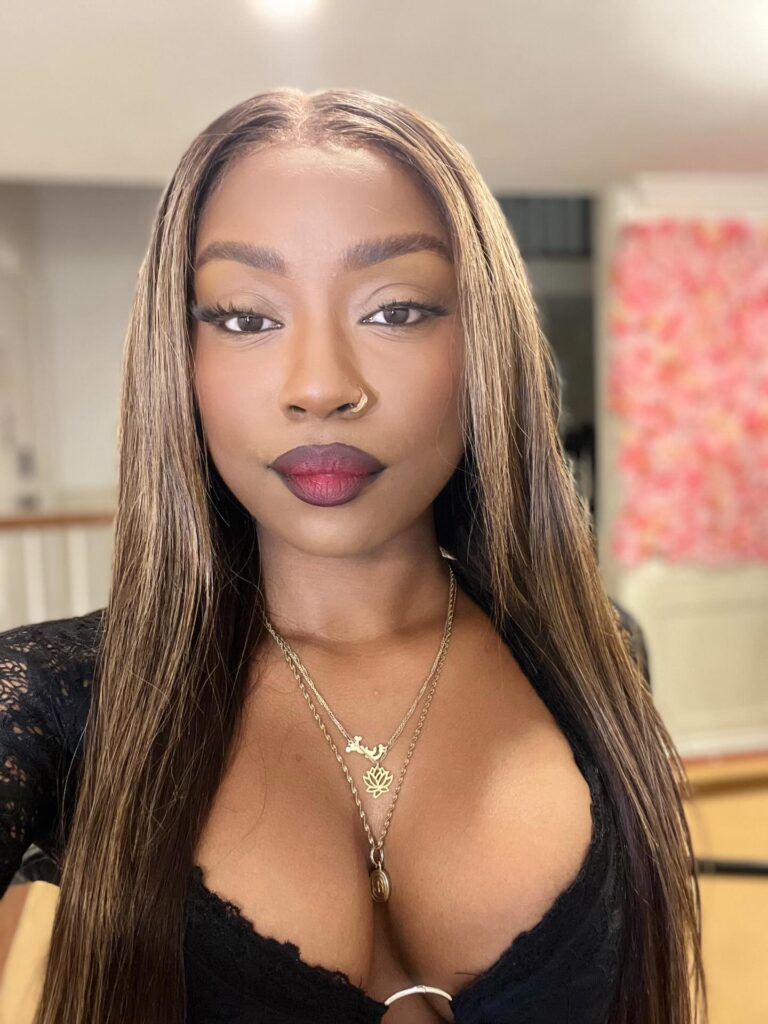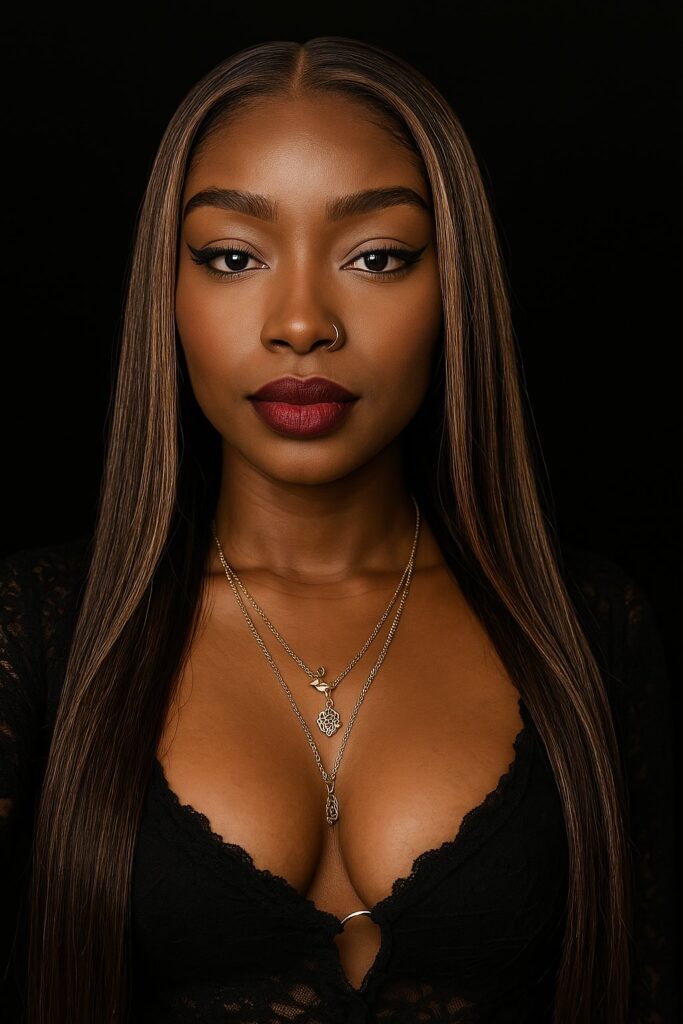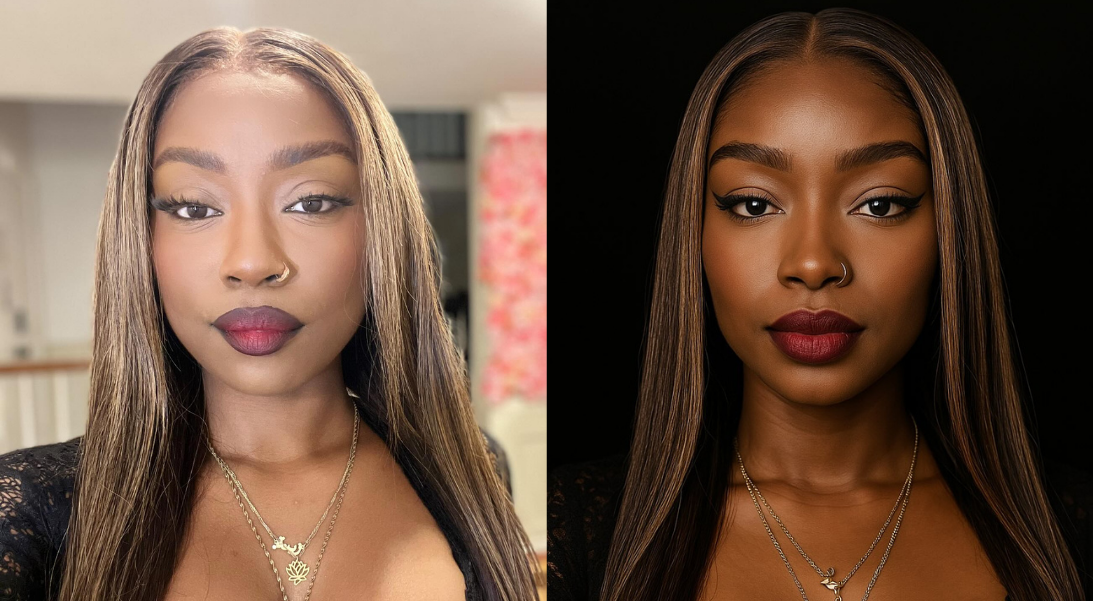I first noticed it on my timeline. Friends, mutuals, even influencers I barely recognize were posting side-by-side images of themselves and their AI-generated “twins.” Except, they didn’t really look like twins. Maybe cousins. Maybe siblings. But twins? Not quite. The captions were all the same. Each person sharing how disappointed they were that the ChatGPT image generator could not fully grab their essence in these photos.
However, I understood why so many people tried it for themselves. Regardless of the outcome, it looked fun. So after watching the AI version of everyone make their way into my feed, I got curious. I grabbed a selfie from a few weeks ago and asked ChatGPT’s image generator to give it a slightly darker background. That’s it. No contour, no face change, just the background.
And just like everyone else, what I got back didn’t feel like me.


It wasn’t dramatic at first glance. The skin was maybe a bit smoother, the jawline slightly more chiseled, the eyes just a little bigger. But when I stared at the image for more than a few seconds, it hit me: this girl could’ve been my older sister. Or maybe my cousin from out of state. She was familiar, but not me. Not the girl who took that selfie.
And what shook me even more? Everyone else thought she was me.
I posted it, curious to see the reaction, and the comments came flooding in. Some said I was crazy if I thought this wasn’t me. Some even went as far as to say it looked better. That’s when I paused. It didn’t look like me. It looked like what AI thinks I should look like.
ChatGPT Image Generator vs. Real Humankind
View on Threads
The more I sat with that, the more uncomfortable I felt. Because I realized this wasn’t just happening to me. Across my feed, I saw so many Black women getting back these “perfected” versions of ourselves. Softer skin, smaller noses, straighter teeth and sometimes lighter eyes. Always flawless, always polished and always adjusted.
So I started wondering, is this just an AI thing? Or is this tech reflecting the same beauty standards we’ve been pushing back on for years?
We’ve already seen what Instagram filters and face-tuning apps have done to an entire generation. Teen girls with body dysmorphia. Women in their twenties scared to post unfiltered selfies. Algorithms pushing one “type” of beauty over and over again. And now AI, a tool meant to reflect us, is doing the same thing?
That’s not just a tech issue. That’s a people issue. Because who taught AI what was “beautiful” to begin with? Who fed it the data that says symmetry equals attractiveness? That smooth skin means value? That a certain facial structure is more worthy of likes, attention, or praise?
If we’re already struggling with self-image in a world that’s been curated to the point of fantasy, what happens when AI gets added to the mix? Will the next generation grow up thinking their most beautiful version is one that doesn’t even exist?
The Future of AI
I’m not against technology. Honestly, I think AI is brilliant in so many ways. The fact that I can get style inspo, makeup tips, and even affirmations at the drop of a question? Iconic. But when that same technology starts telling me subtly, that I’m not quite enough as I am? That’s where I draw the line.
I hope that as AI evolves, it also learns to reflect humanity in all its real, flawed, gorgeous glory. I’m hoping it learns that beauty doesn’t always mean sharper cheekbones or brighter eyes. I hope it sees the softness in smile lines, the pride in textured hair, the story in every freckle and scar.
We are already enough and we don’t need a machine to tell us that.
